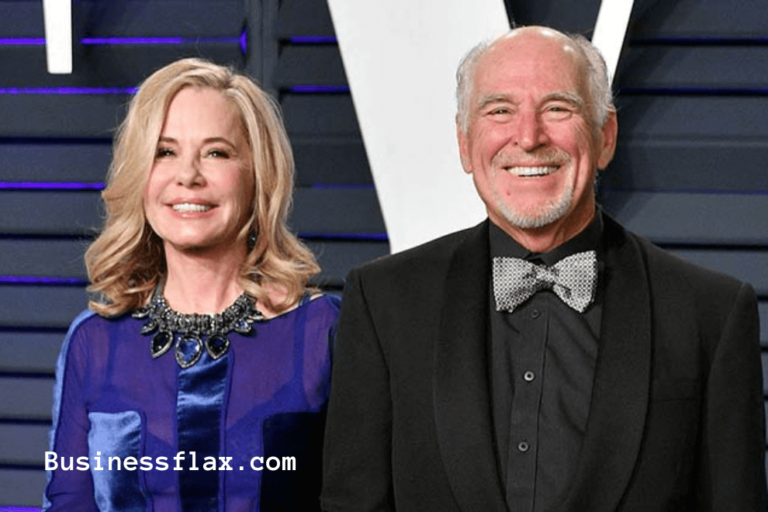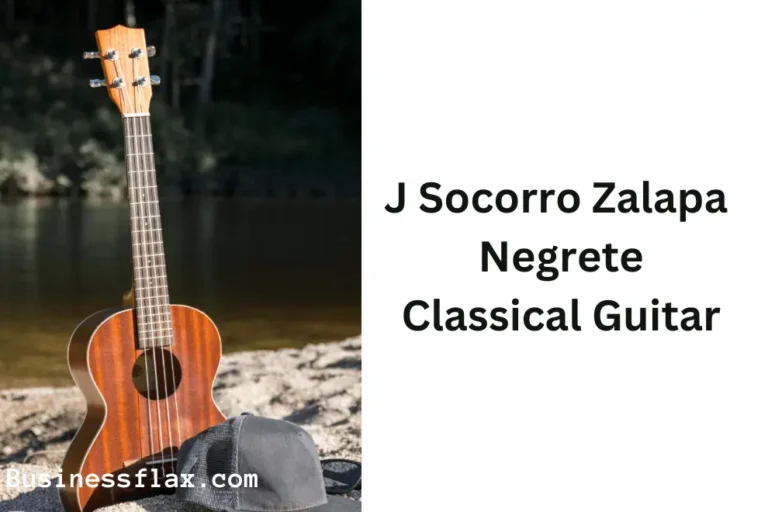Music Industry Essentials: Understanding Music Licensing for Content Creators

The Importance of Music Licensing
Music licensing is essential for content creators who wish to legally incorporate music into their projects, whether it’s a YouTube video, a podcast, or a film. This process ensures that artists are compensated for their creative works, making it a legal and ethical necessity. Organizations like ASCAP and BMI play a crucial role in the music licensing ecosystem, helping artists collect royalties and ensuring that the use of their music complies with legal standards. Without proper licensing, content creators expose themselves to potential legal actions, which can result in hefty fines or the removal of their content from public platforms.
Moreover, obtaining appropriate licenses fosters a healthy and respectful relationship within the music industry. It acknowledges musicians’ efforts and promotes further collaboration and innovation. In an age where digital content is rapidly consumed and shared, securing music licenses also enhances the credibility of content creators. This practice contributes to a sustainable creative ecosystem, allowing new and established artists to thrive.
Types of Music Licenses Explained
Understanding the different types of music licenses is crucial for content creators to ensure they are using music legally. Each type of license serves a distinct purpose and covers various aspects of music usage:
- Synchronization Licenses: These licenses allow the licensee to synchronize music with visual media, such as films, TV shows, commercials, and YouTube videos. It grants the right to combine music with moving images, making it a common requirement for video content creators.
- Mechanical Licenses: Required for reproducing and distributing music in physical or digital formats, such as CDs, vinyl records, and digital downloads. This license ensures that songwriters are paid for every copy of their reproduced and sold music.
- Public Performance Licenses: These licenses are granted for playing music in public spaces or on broadcast mediums like radio, TV, and the Internet. They are typically obtained through performance rights organizations (PROs) such as ASCAP and BMI, which collect royalties on behalf of the artists.
How to Secure a Music License
While securing a music license may seem intimidating, it can be manageable if broken down into clear steps:
- Identify the Type of License Needed: Determine the specific use of the music in your project to identify whether you need a synchronization, mechanical, or public performance license. Each type caters to different forms of music usage, from video production to public broadcasts.
- Contact the Rights Holder: Reach out directly to the owner of the music, such as the artist, record label, or a licensing agency that represents them. Websites, social media, and industry directories can be useful resources for finding contact information.
- Negotiate Terms: Discuss the terms of use, which include the length of time you need the license, the geographical areas where the music will be used, and the scope of distribution. This step often involves negotiating costs and ensuring both parties agree on the terms.
- Secure the Agreement: Once terms are agreed upon, finalize and sign the license agreement to legally obtain permission to use the music. It’s crucial to have a written contract detailing all the terms and conditions to prevent future disputes.
Common Challenges and Solutionssing
One of the most common challenges in music licensing is identifying the correct license type required for a specific project. Misunderstandings can lead to improper licensing, which can have legal repercussions. Utilizing resources like Boost Collective can provide valuable guidance on which licenses are necessary, helping content creators navigate the often complex licensing landscape.
Negotiating terms can also be a significant hurdle. Balancing the artist’s demands with the content creator’s budget constraints can be challenging. Effective communication and a clear understanding of the value that both parties bring to the table are essential. Seeking the help of legal professionals or licensing consultants can also be beneficial in reaching mutually satisfactory agreements.
Tools for Managing Music Licenses
Several tools and platforms can assist content creators in managing music licenses effectively. These resources streamline the process and ensure compliance with legal requirements:
- Music Licensing Platforms: Services like Musicbed and Epidemic Sound offer extensive catalogs of pre-cleared music that content creators can easily license for their projects. These platforms simplify the search and licensing by providing clear terms and rates.
- Royalty Tracking Software: Programs like SongTrust help track and collect royalties from various platforms, ensuring that artists are compensated fairly. For content creators, such tools can provide transparency and simplify the financial aspects of music licensing.
- Educational Resources: Platforms such as Hypebot offer insights, tutorials, and tools to help content creators understand and manage music licenses. These resources can be invaluable for staying up-to-date with industry standards and best practices.
The Role of ASCAP and BMI
ASCAP and BMI are two organizations that play a pivotal role in the world of music licensing. Both organizations are performance rights organizations (PROs) that represent the rights of songwriters, composers, and music publishers by collecting and distributing royalties for public performances of their music. For content creators, understanding the role of these organizations is key to navigating the complexities of music licensing.
Future of Music Licensing
The music licensing landscape continues to evolve, driven by technological advancements and changes in global regulations. With the rise of digital platforms and innovative technologies, new methods of licensing music are emerging, making it easier for content creators to find and secure the rights they need. Blockchain technology, for instance, promises greater transparency and efficiency in tracking music rights and royalties.
Read Also: Gift Ideas for Teachers
Furthermore, changes in copyright laws and international treaties constantly shape the music licensing environment. Staying informed about these developments is crucial for content creators to remain compliant and support the music industry effectively. Understanding these trends can also provide opportunities to leverage new tools and platforms that simplify the licensing process.






